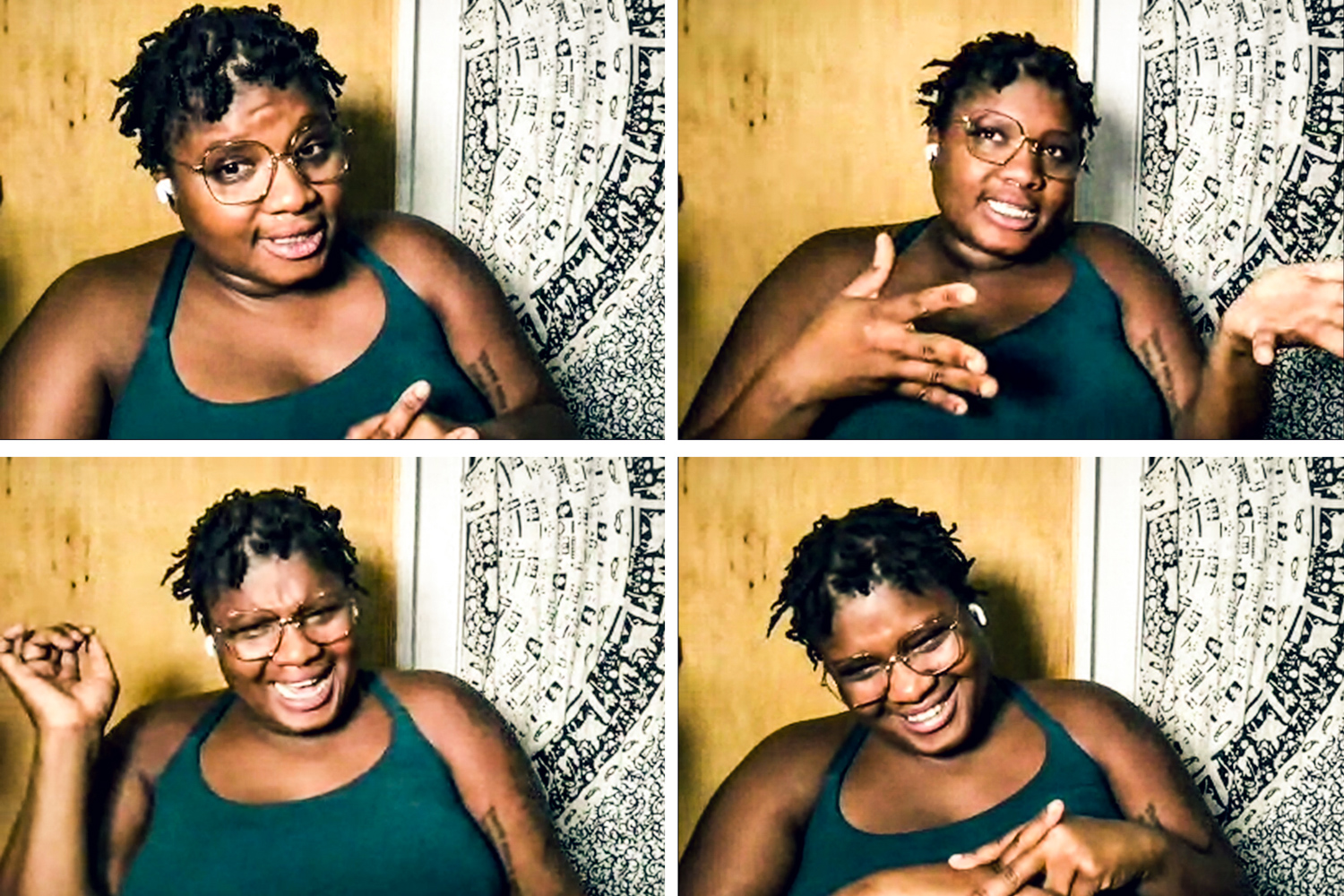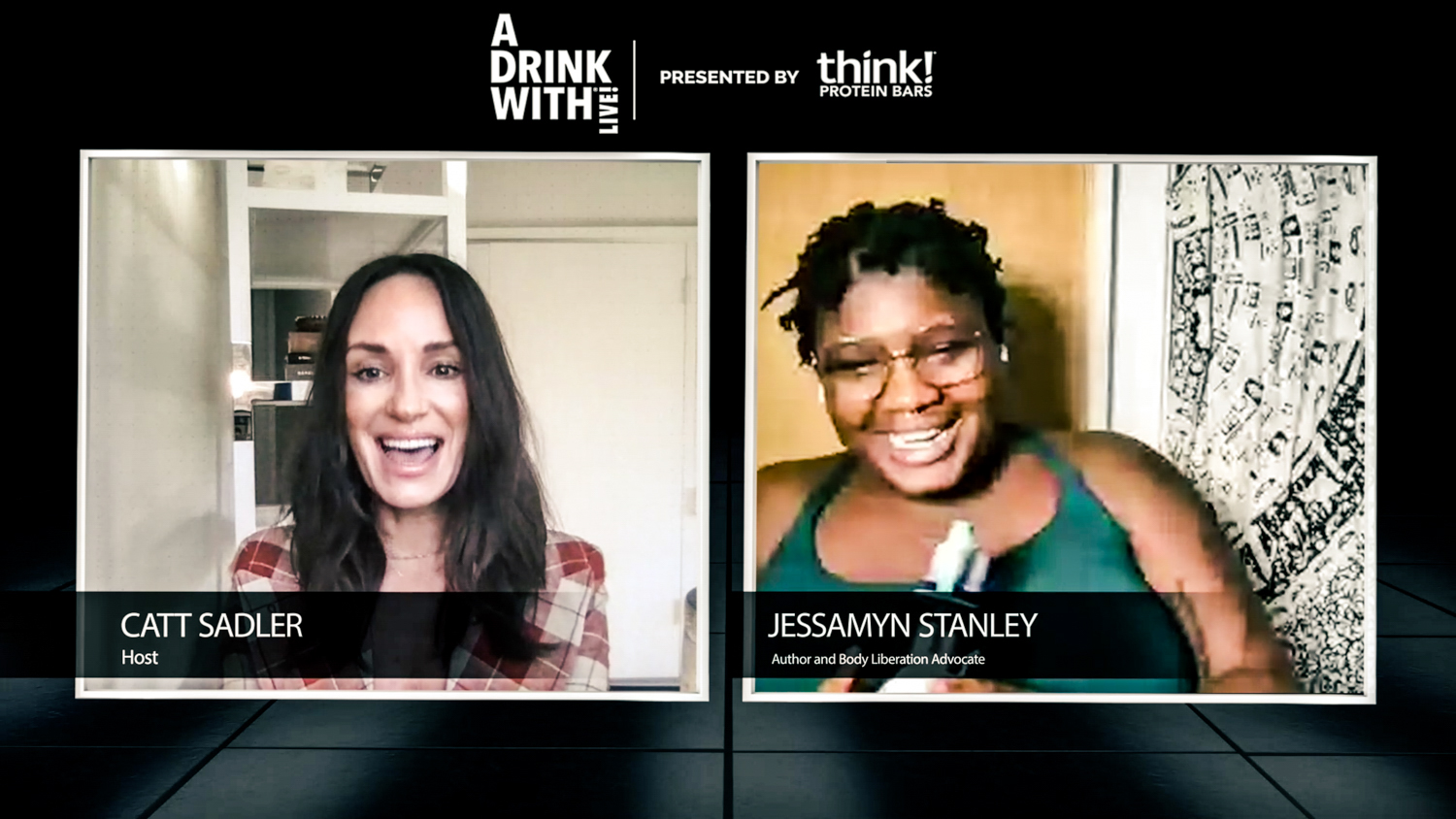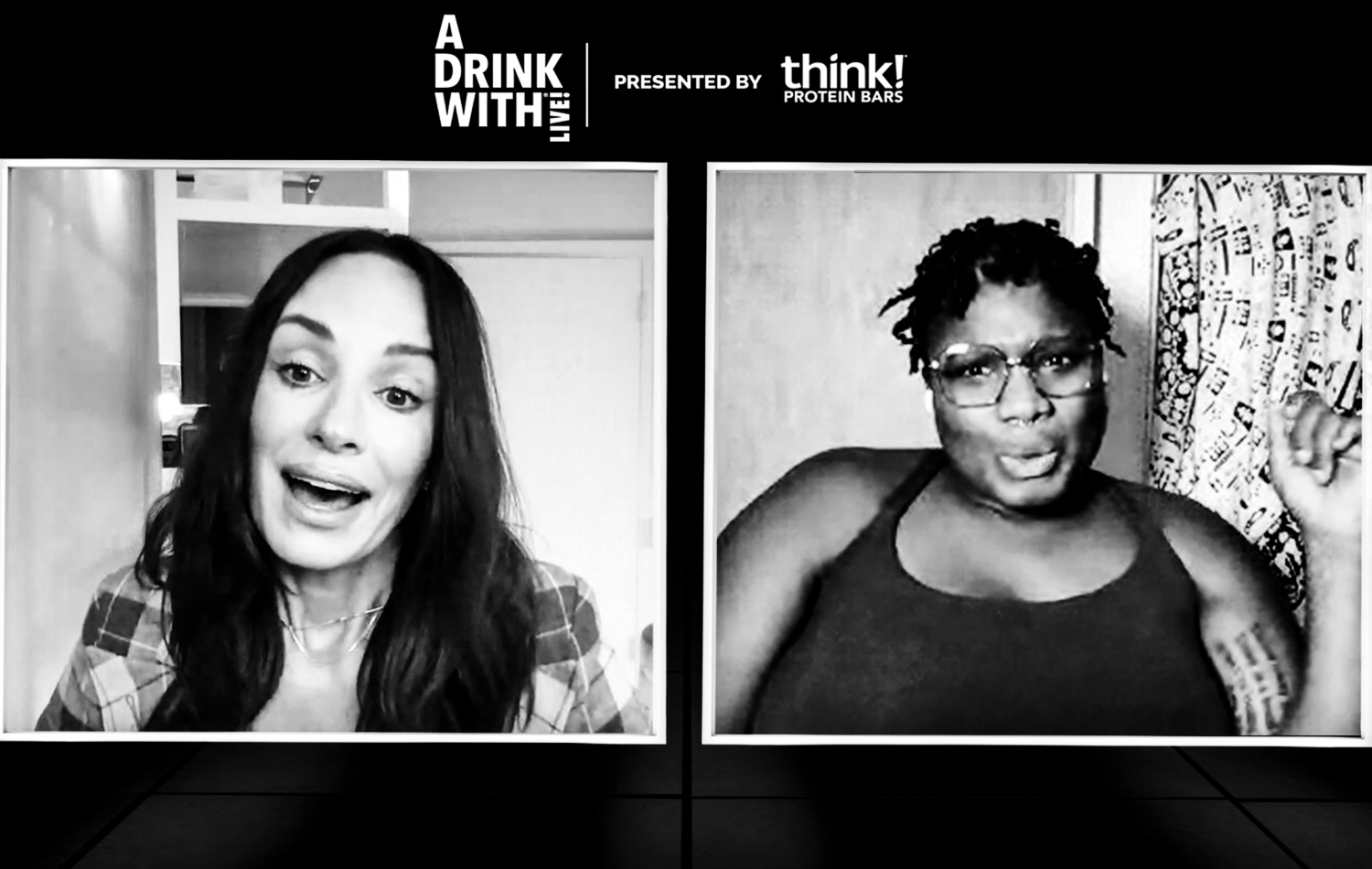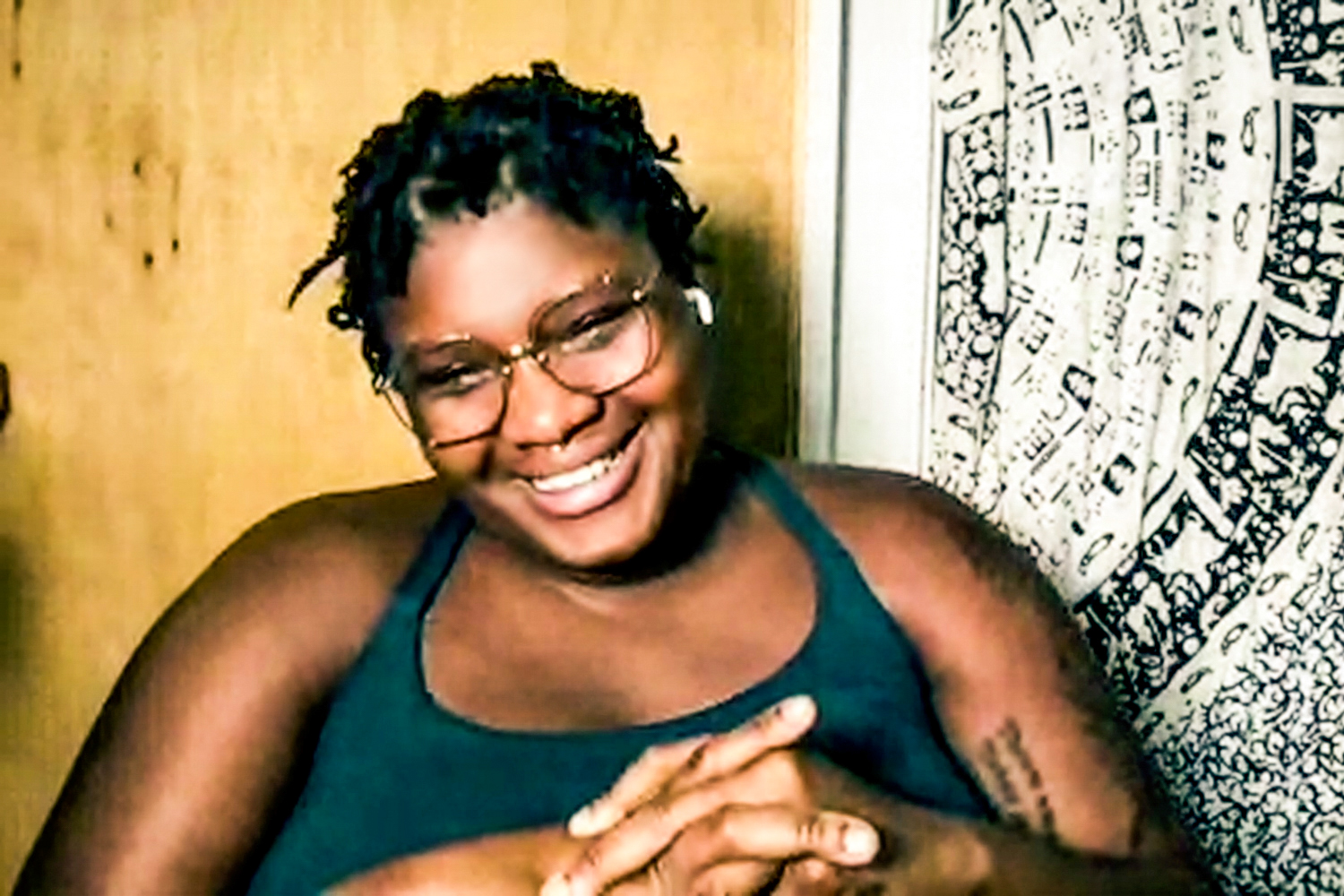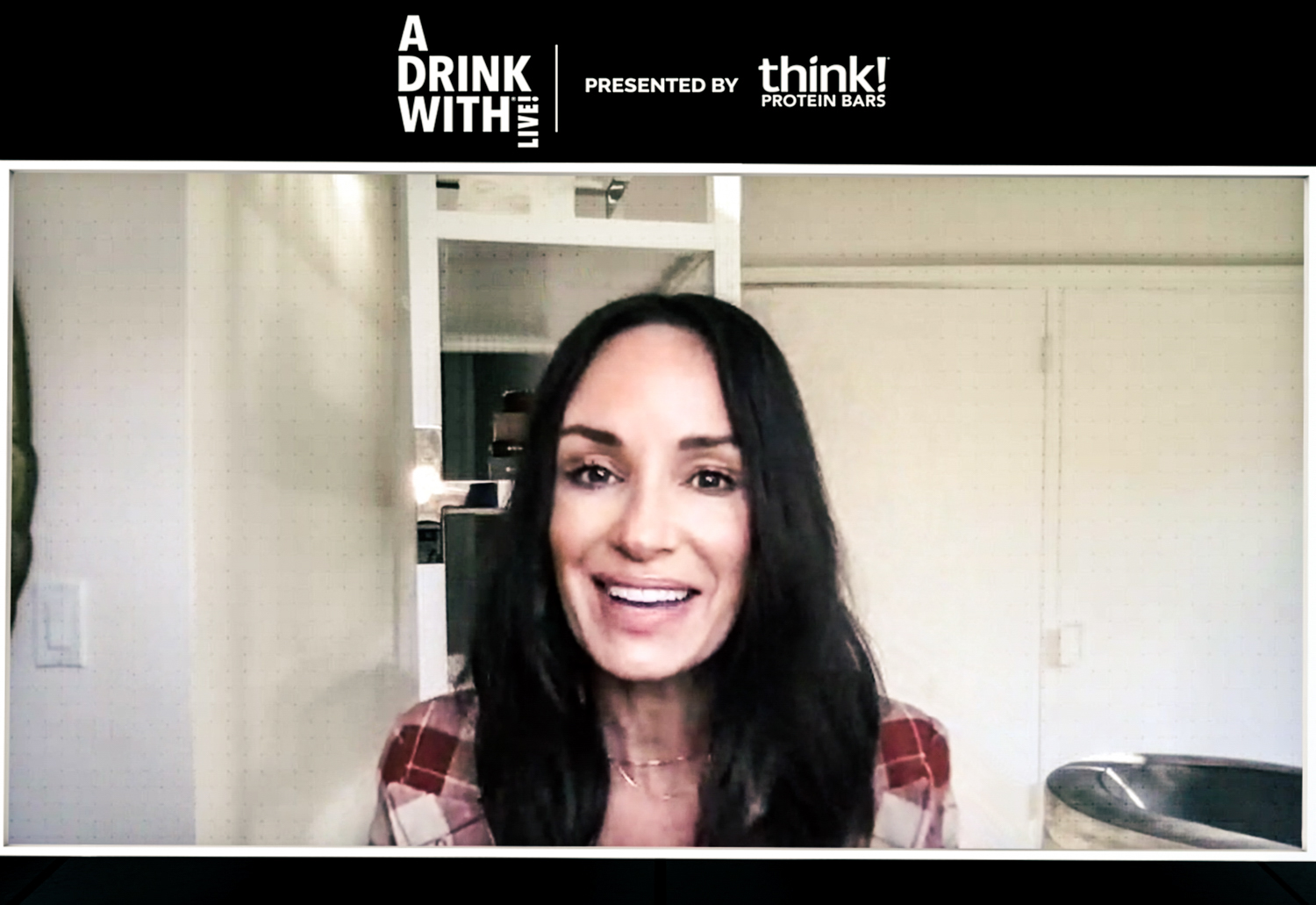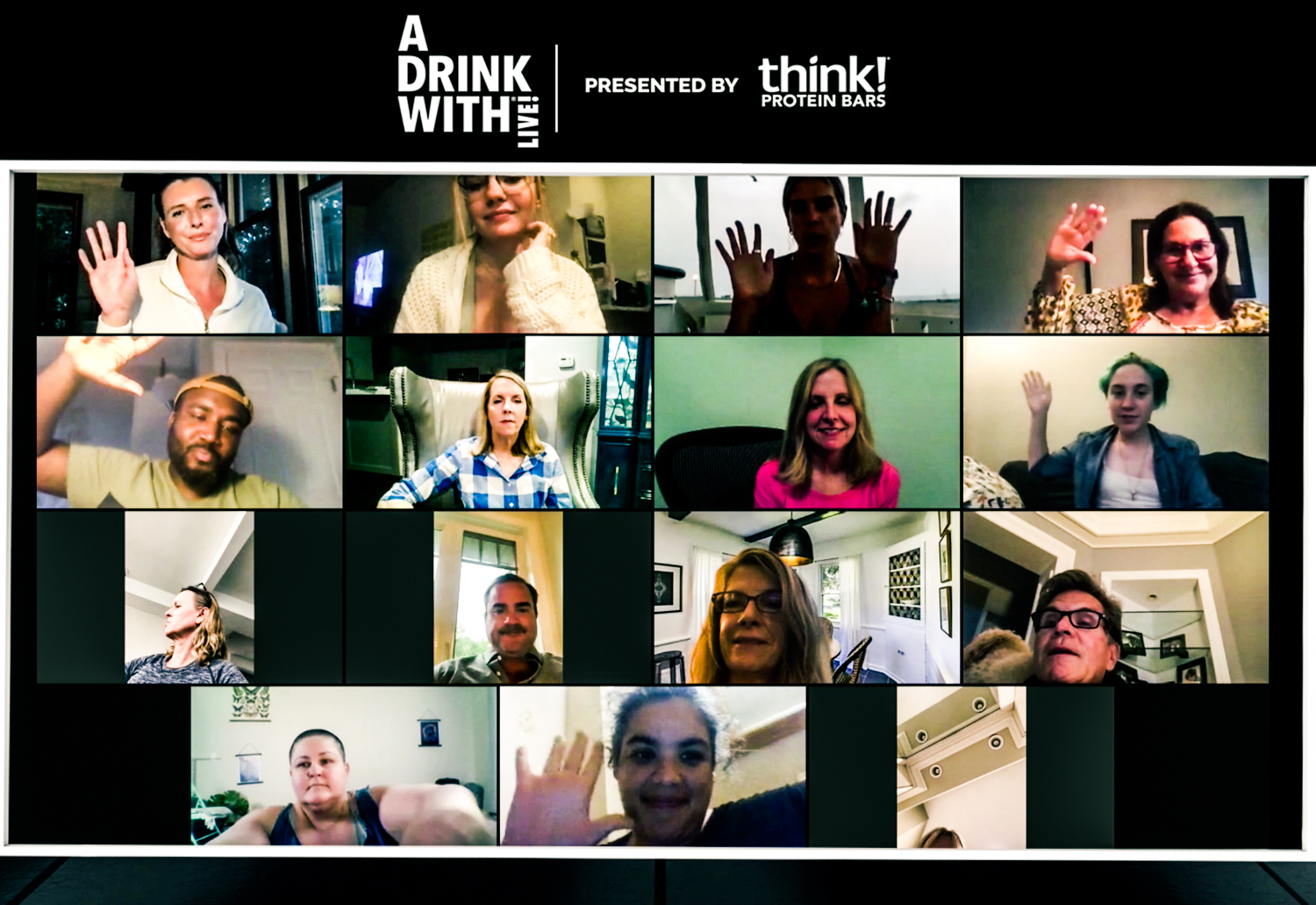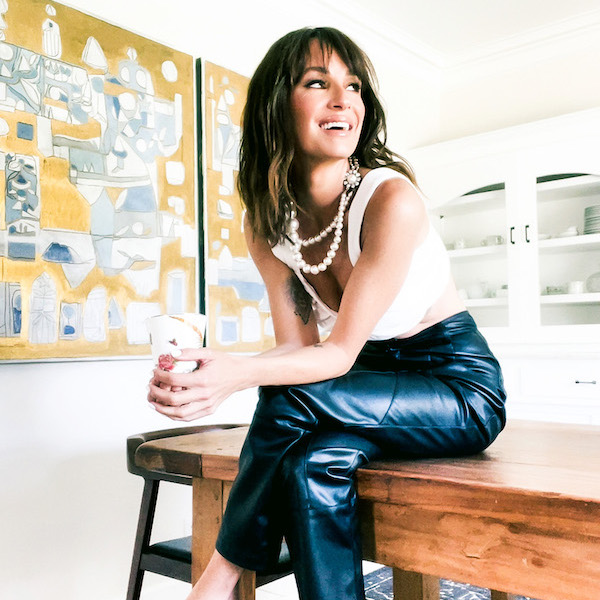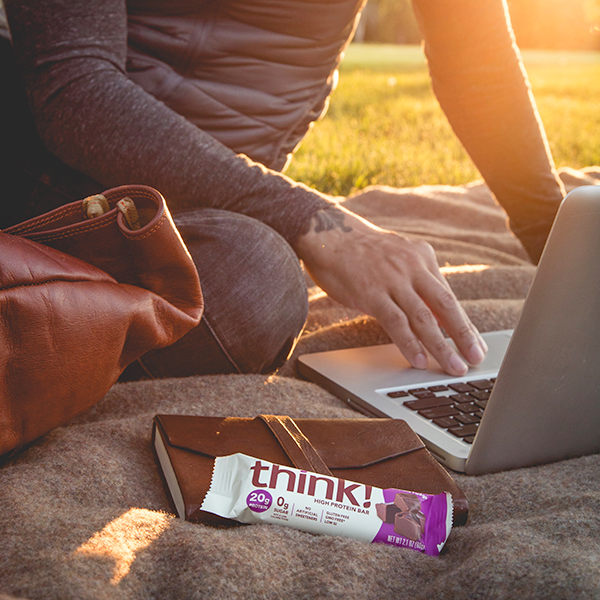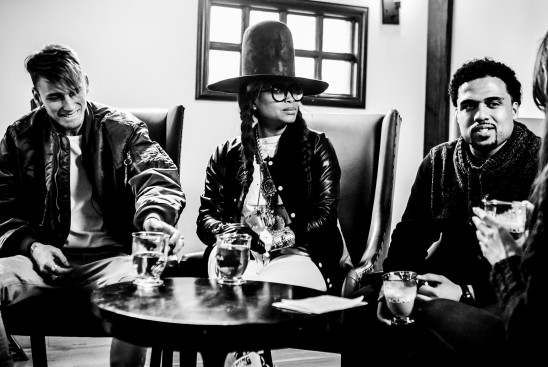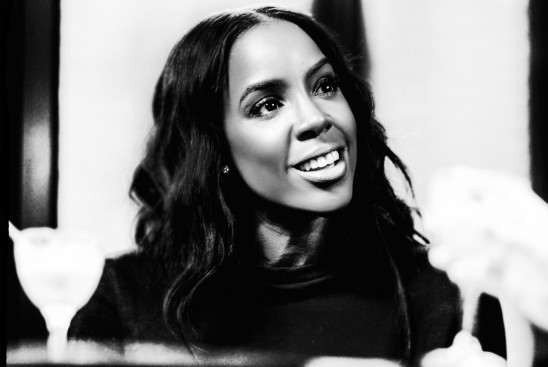I understand why people don’t talk about some of the topics that I talk about. I certainly understand why people don’t talk about cannabis. There are very real, legal repercussions to doing so, like if you live someplace where it’s illegal. I live in North Carolina where it is illegal to consume and to possess THC.
I understand why people don’t talk about sexism, why they don’t talk about racism. It’s very scary. I think the main reason that people don’t is because it’s lonely to be saying something that other people don’t want to hear. It means that there are people who will ostracize you. Sometimes I think that it’s really one of the gifts of my life being. I’ve always been fat, I’ve always been weird. When I was a kid, I didn’t have that many friends and I think that these experiences were really helpful for me. It allowed me to get comfortable with walking my own path and doing my own thing. And understanding that if you are living your truth, the people that are meant to be around you will be around you. And if you’re not living your truth, there will be people around you that you don’t want to have around you. That’s really one of the markers for me. I don’t want to be around anyone that I need to be fake around. I don’t want to have to pretend to be somebody else. That makes it easier from my perspective. I also get that other people think, “Yeah, I’m good on that. I would rather not have people look at me sideways or think that I am from another planet.”
That’s the interesting thing about speaking your truth. Even if other people don’t want to hear it, it makes space for other people to do the same thing. So that we all have an opportunity to be honest and feel authentic and feel real because we are offering each other the gift of vulnerability.
I want to take it back to when you had the idea to write the book “Every Body Yoga.” What was going through your mind?
In the first book I was really just trying to express an answer to a question that I had received so much: “How do I start practicing yoga? I see that you practice yoga, and you don’t look like what I’ve been told a yoga practitioner looks like. So can you tell me how to start practicing?”
And I’d think, “Why are people sending me this question, for real? Legit, you could Google that.” There are so many resources about yoga. And then I would Google it for myself, “How do I start practicing yoga,” and I realized, “This is so confusing.” There’s no one that’s just saying, “Literally, get a mat. Practice these postures. This is what meditation is. This is what breathwork is.”
I wrote “Every Body Yoga” to answer those questions that I was being asked over and over again. So that if anybody asked me again, I could say, “Go on Amazon and get this book. It’s called ‘Every Body Yoga.’” But I wrote the book relatively quickly and I knew while I was writing it that I was not talking about all that yoga is. I knew that it was a pretty one-dimensional way of thinking about yoga. A lot of people think of yoga as fitness, as exercise.
And really, yoga is a spiritual path. It’s looking within yourself and bringing together all the different pieces of yourself. The journey is not just about, “How do you practice breathwork or how do you practice meditation?” It’s about, “How do you accept internalized racism? How do you accept cultural appropriation?” These are the real questions that come up in yoga practice. So that while “Every Body Yoga” is a kickoff to a yoga practice — it’s literally called “Get On the Mat” — “Yoke” is meant to fill in the gaps that are created when you think, “Okay, so I’ve started living this practice and I realized it’s about a lot more than just exercise.”
Having practiced yoga now for four or five years, race never entered my mind during practice. Thank you for identifying this and provoking us to think about what that looks like. One of the quotes in your book reads, “This big ass racist elephant in the room that people aren’t talking about when it comes to yoga.” What do you mean by that?
I’m really speaking to the fact that, from my perspective, white supremacy is in everything that we do. Many people would probably disagree with that. They don’t see that there is white supremacy in everything and that we all are frequently moving from that space, that hierarchical way of thinking. I would argue that this is the case, and the yoga world is no different.
If you look back at the evolution of yoga once it came to America and Europe… white supremacy, but more specifically colonization, colonialism, imperialism, xenophobia and fetishization, the same way that all of those things are in the soil of America, they are in the soil of American yoga.
This is probably not that obvious if you don’t find yourself marginalized by the systems and the structures. But as a fat, black, queer yoga practitioner, I have never felt at home in American yoga communities.
I can count on one hand the number of yoga studios that I’ve genuinely felt comfortable in. As I said in the book, “The big ass racist elephant in the room,” that’s really what I’m talking about. Everybody’s like, “Ooh, it’s a little bit uncomfortable in here, but I’m not quite sure why.”
This is a big thing in a lot of yoga studios. The teachers or the people who own the studio will wonder, “Why are our classes not more diverse? Why is there only one type of person that comes to the studio?” All of that comes down to white supremacy and it’s not particularly fun to think about. I personally would prefer not thinking about it. That would be ideal, but if we face it head on, if we really look at it and accept it, then we can all move forward together.
You say we’re not supposed to go to yoga to feel good. We’re supposed to get uncomfortable and that is the special sauce. Is that what you mean as it relates to appropriation and the race issues that most are not seeing, or even aware of?
Let’s use hard poses as an example. It starts on a physical level that we can start to acknowledge these deeper conversations inside of ourselves. If you are practicing a posture in yoga class and the posture is not happening. The teacher is saying, “Grab this part of your body or extend in this direction or do whatever.” And you’re thinking, “That is not a thing for me. I cannot do that. What is happening?” When you start to have this conversation with yourself where you think, “I can’t do this, I’m not good enough. Why am I even trying?” That conversation, that is the yoga. Because the thing is, I highly doubt this is the only place in your life when you have these thoughts about yourself. It happens in other parts of your life as well.
Being able to actually hear yourself say and think and feel things that you wouldn’t acknowledge otherwise, that’s what yoga is doing. It’s tilling the soil, it’s pulling up the pieces that it can be really easy to just pretend don’t exist. And so honestly, racism is just one of the different things that will be pulled up.
It happens when you least expect it. It’s always something that you really don’t want to deal with. Like shame, guilt, hatred, fear. Things that are not very “Instagrammable” in a traditional sense. That’s why we all think, “Yeah, I’ll just pretend that doesn’t exist. I’m just going to put it in the corner.” But if you pretend it doesn’t exist, that doesn’t mean it’s not there. In fact, it just makes it worse when you do actually acknowledge it.
When people go to yoga they are expecting the experience to be really calming, peaceful, sweet and gentle. And then when they get to class and it’s really hard and all the postures seem impossible — and the teacher is saying downward-facing dog again somehow, [even though] we’ve already done downward-facing dog 15 times — You have this feeling of, “I cannot. How can I do this? This is too much.” And it’s like, all of those postures were just a vehicle to get you to experience those feelings that you run away from.
My yoga instructor calls it the edge. You got to just lean right into that edge.
That’s exactly right. It is an edge. That rough spot when your face is pressed against the glass and you’re thinking, “I can’t do this. I cannot go forward.” That space where you think you can’t go forward, that’s where you grow. That’s how you get stronger.
That’s why the last down dog of the day is the strongest down dog. At my yoga studio, The Underbelly, we did a 108-miler, which is where you practice 108 sun salutations. There are a couple of different points where you think you are not going to be able to make it. For me, it’s at number 50. I think, “Okay, so I have to do the same number that I have already done and some more?” It’s at that point where I think, “I cannot do this anymore.”
It’s not just in yoga. This is something that comes up in distance running or any kind of endurance sport. There’s a point where you think, “Man, I have to keep doing this?” That’s the point where you could quit. But when you don’t quit and you just keep going, that’s the power.
You are so vulnerable and raw in what you share and your profile has risen so much. When you think of your purpose, what space is it you are trying to create and take up?
This is something that I asked myself just recently. I literally wrote down, “Jessamyn, you have multiple businesses that are owned by you. You started these. They belong to you, nobody else. Jessamyn, you have published two books. You’re 34. What do you really want? What is it that you really seek?” What I keep coming back to is that I just want to be. I just want to be. I want to be, and if I want to be anything, I want to be present to everything that is happening in my life.
So often I get distracted by the future. Because I am a double Cancer, I get distracted by the past and I obsess over the past. Being able to just be present in this moment is one of the best parts of this life.
I’m being present to the opportunities that the universe has made for me. I am present to the love that I am so grateful to be able to experience with the people that are in my life. I am present to the blessings that I have every day. I want to be present to that.
There is so much sweetness happening in the present moment. It is so easy for me to forget that sweetness thinking about what sweetness could be in the future, or what sweetness has already happened and trying to recreate that sweetness. But really, just appreciating, especially the sweetness that happens in the bitter moments of my life.
Like anyone else, I experience bitterness in my life. Even in that, even in just the hardest edge of it, there is sweetness and there is beauty. I just want to be present to that, for however long I am blessed to be here experiencing this incredible opportunity to be alive.
Power and prestige on a materialistic scale are obviously interesting to me, in the same way that they’re interesting to a lot of people. At the same time, I really feel like if you’re doing what you’re meant to be doing, then that will come: power and prestige in a material sense.
Being present to the power that I have inside myself, that’s something no one else can take from me. And that does not have anything to do with accolades or anyone else paying attention to me.
What are your thoughts on Simone Biles’ courage to take a mental health break during the Olympics?
It’s definitely been a major topic in our house. My partner is a Simone Biles stan, and always has been. They are both foster kids and she feels a very deep attachment to this person.
Prior to this incident, I don’t really think that I thought about Simone Biles, but with this, I thought, “Oh, she’s a real one.”
Her decision shows her power. It shows her grace and elegance and really, her own awareness of what she is here to do in this world. And it is on the heels of so many black women really just modeling for all of us, how to be in the public eye. And how to have a platform like Naomi Osaka and Sha’Carri Richardson.
That’s what we do. You wear your crown. It is heavy to wear a crown and there will always be people who would do it differently than you would. But they’re not wearing your crown and so their opinions don’t matter.
A lot of people feel like they need to have an opinion on this topic. I don’t think those opinions are relevant and I’m really glad that she knows that. I am so proud of her and honored to be alive at the same time. I’m grateful that there are people keeping it real about what it is to be an athlete, what it is to be in the public eye, and what it is to have people look up to you because it’s not easy at all. I think she’s very graceful.
[Audience Q/A – Jeanne]
If you could have given your younger self one mantra to carry with you throughout your journey, what would that mantra have been?
I always resist a “Marty McFly” situation, being able to go back and talk to my younger self because I feel like she had a lot of things that she needed to learn and I would not want to say anything to her, but if I had to, I would say, “Don’t worry about it. Just don’t worry about it. Whatever it is that you’re worried about, just don’t worry about it.”
There is so much time that I’ve spent in my life obsessing over so many things that just did not matter. Whatever happens is what’s meant to happen. “Don’t worry about it,” that’s what I would say.
[Audience Q/A – Lucy]
As a young female entering the professional world, how can I find my voice and get into a mindset where I feel more comfortable being an advocate for myself?
First of all, that is just so real and so true and I think that not being able to say that stops people from being able to stand in their power. A huge part of it is being able to admit, “I feel weak, I feel like I can’t assert myself, I feel like I’m not allowed to speak.” When you say that, you’re actually able to start finding the answers to why. And with that, you look back at your life and find what the active next steps need to be.
This is something I think about all the time because as a fat, black, queer person in a white, thin-dominated industry, no one is trying to keep me in this space. I have to carve out everything for myself. There are all of these different, very insidious ways in which I don’t stand up for myself or I’ll see myself not going for it. I watch other people – particularly I watch white, straight cisgender men – and I wonder, “Why does he feel so confident? What is it about him?” It’s that he was never told not to be confident. If he had been told to not be confident, he might also be dealing with this.
So being able to realize, “If he is allowed to feel confident, then I can definitely feel confident.” Especially when you watch people do work and you compare yourself. “I’m working hard,” you think to yourself, “I’m doing my thing. I’m out here. I’m standing in my truth. I’m showing up. Why am I not allowed to feel confident? Why am I not allowed to speak that way?” And finding little spaces to practice it. I do think social media is helpful for this, intentionally posting about yourself and hyping yourself up. Using loving language that you would use toward a stranger or toward a friend. Because it is so interesting, the way we talk about ourselves, we would never talk to somebody else in these tones. Talking to yourself the way that you would talk to somebody else and just practicing that. Honestly, I’m still just practicing. Every day, I’m practicing, and that practice shows up. The proof is in the pudding.
Acknowledging where you don’t feel powerful, saying that it’s okay to feel that way. There’s no shame in that, and from that space, take the steps forward to find the confidence that is already there, always there.

